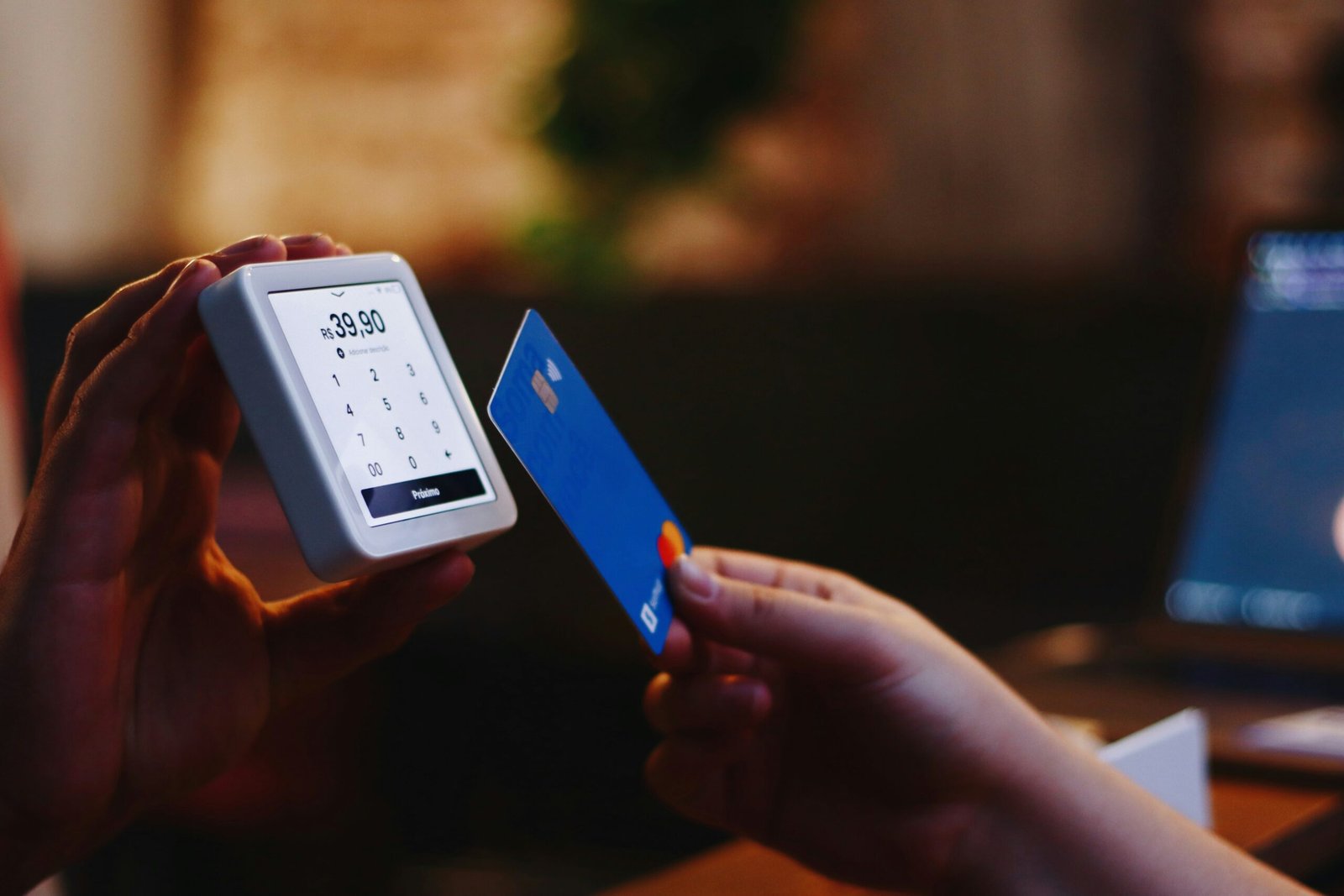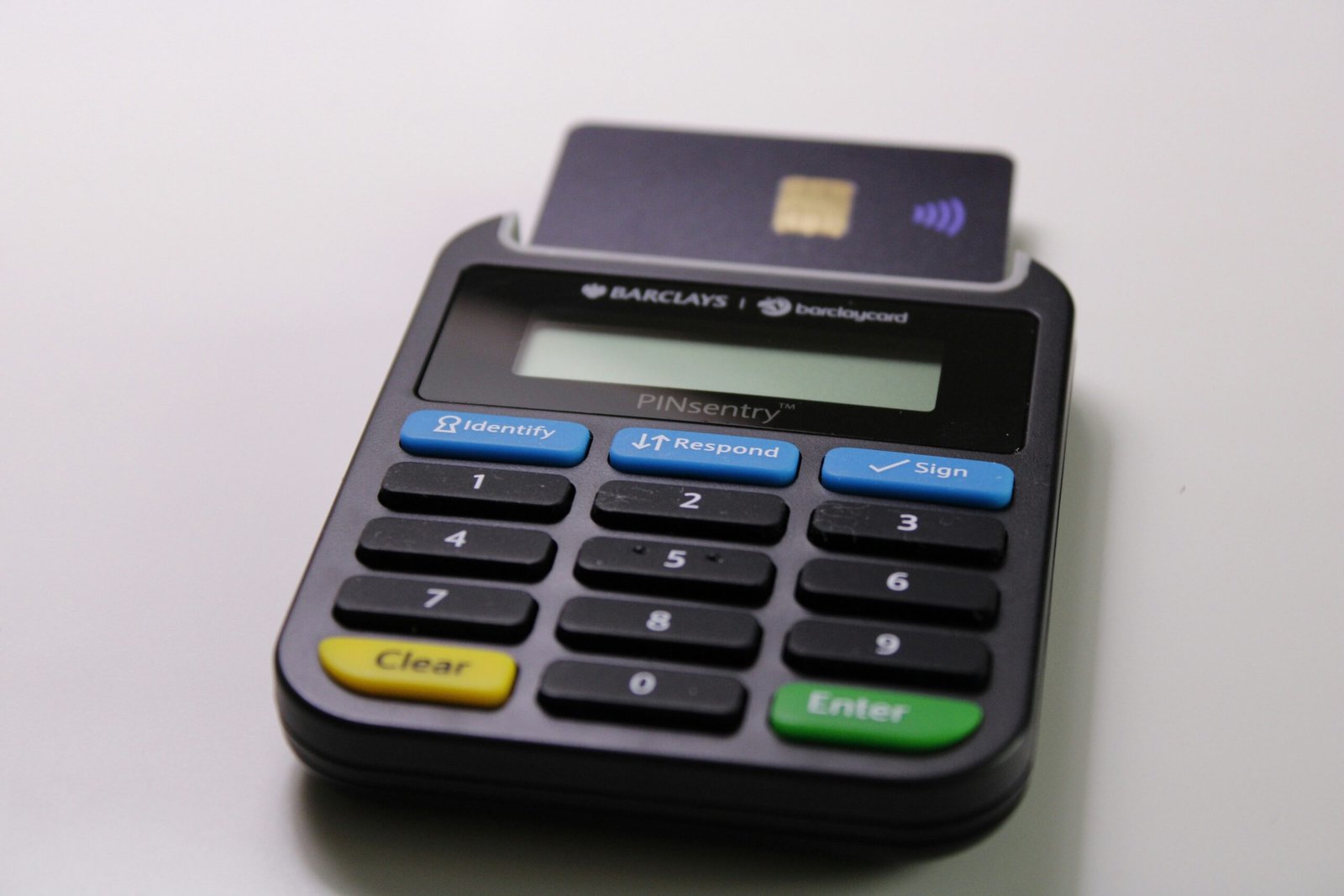Introduction
In today’s fast-paced digital economy, online transactions have become an essential part of everyday life. From shopping for clothing to ordering groceries, booking travel, or subscribing to services, people across the United States and beyond rely heavily on seamless online experiences. However, behind every smooth transaction lies a crucial backbone of security—the payment gateway. While customers often focus on the convenience of completing their orders in just a few clicks, the importance of secure payment gateways cannot be overstated.
This article explores why secure payment gateways matter, how they protect both businesses and customers, the risks of insecure systems, and how advanced solutions are shaping the future of e-commerce in the USA and globally.
What is a Payment Gateway?
A payment gateway is the digital equivalent of a cash register at a physical store. It is a secure channel that processes sensitive financial details such as credit card, debit card, and digital wallet information. Acting as the bridge between a customer, the merchant, and the bank, it ensures that funds are transferred safely from one account to another.

Without a reliable gateway, no transaction can occur smoothly in the online environment. The gateway doesn’t just enable money transfer—it safeguards the journey of sensitive data, making sure information does not fall into the wrong hands.
Why Security in Payment Gateways is Crucial
1. Protecting Sensitive Information
Every time a customer enters card details, addresses, or billing information, they are entrusting a platform with their private data. Secure gateways use advanced encryption techniques such as SSL (Secure Socket Layer) and TLS (Transport Layer Security) to scramble information, making it unreadable to cybercriminals.
2. Building Trust with Customers
Trust is the currency of e-commerce. No matter how appealing a product range may be, if customers sense insecurity during checkout, they will abandon the cart. Secure gateways instill confidence by displaying trust badges, authentication signs, and clear communication that the payment environment is safe.
3. Preventing Fraudulent Transactions
In the USA alone, billions of dollars are lost annually to online fraud. Secure payment gateways incorporate tools such as AVS (Address Verification System), CVV verification, two-factor authentication, and fraud detection algorithms. These measures drastically reduce the likelihood of chargebacks and fake transactions.
4. Compliance with Regulations
Payment security is not optional—it is mandatory. Standards like PCI DSS (Payment Card Industry Data Security Standard) are enforced to ensure all businesses that handle card data comply with strict safety practices. A secure payment gateway automatically aligns with these compliance requirements, saving businesses from legal and financial consequences.
Risks of Using Insecure Payment Systems
If a payment gateway lacks proper security, the consequences can be devastating. Here are some risks businesses face when neglecting this critical component:

-
Data Breaches: Hackers can steal thousands of card numbers in a single breach, leading to massive financial losses and identity theft.
-
Loss of Reputation: Once news spreads that a business failed to protect customers’ data, trust erodes instantly. Rebuilding credibility can take years.
-
Chargebacks: Fraudulent transactions often result in chargebacks, draining revenue and affecting profit margins.
-
Legal Penalties: Businesses that do not comply with security regulations may face heavy fines and lawsuits.
Benefits of Secure Payment Gateways for Businesses
-
Customer Retention and Loyalty
A smooth and safe checkout experience increases repeat customers. People return to platforms they trust, and security plays a key role in creating that trust. -
Reduced Operational Risks
Advanced fraud prevention tools minimize the chances of disputes, reducing the time and money spent on resolving issues. -
Global Reach
Secure gateways allow businesses to expand internationally by offering multiple payment options and currencies while maintaining strict compliance with global standards. -
Faster Transactions
Unlike outdated systems, modern secure gateways process transactions within seconds, ensuring customer satisfaction while maintaining safety.
Features of a Secure Payment Gateway
When evaluating payment solutions, businesses should look for these key features:

-
Data Encryption: Ensures sensitive details are scrambled during transmission.
-
Tokenization: Replaces card numbers with random tokens, making them useless if intercepted.
-
3D Secure Authentication: Adds an extra verification step to confirm the cardholder’s identity.
-
Real-Time Fraud Monitoring: Uses AI and machine learning to flag suspicious activities instantly.
-
PCI DSS Compliance: Guarantees alignment with global security regulations.
-
Multi-Currency Support: Enables businesses to safely handle international transactions.
Examples of Secure Payment Gateways in the USA
Several leading payment providers are trusted by both small businesses and enterprise-level platforms. Some of the most widely used include:
-
PayPal: Known for its global reach and strong buyer protection policies.
-
Stripe: Popular among developers for its flexibility and robust API integrations.
-
Square: Offers an all-in-one solution for both online and offline transactions.
-
Authorize.Net: One of the oldest providers, trusted for its reliability.
-
Braintree: A PayPal subsidiary that supports diverse payment methods including digital wallets like Apple Pay and Google Pay.
These solutions stand out because of their advanced security measures, transparent operations, and ability to scale with business growth.
The Customer’s Role in Payment Security
While businesses implement secure gateways, customers also play an important role in maintaining safety. Here are a few steps every individual should follow:
-
Look for HTTPS: Ensure the website address starts with “https” and shows a padlock icon.
-
Enable Two-Factor Authentication: Many banks and payment providers offer this extra layer of security.
-
Use Strong Passwords: Avoid reusing old passwords and change them regularly.
-
Stay Alert for Phishing: Be cautious of emails or links asking for payment details.
-
Monitor Bank Statements: Regularly review account activity to spot unauthorized charges quickly.
How Secure Payment Gateways Shape the Future of E-Commerce
As technology advances, secure payment gateways continue to evolve. Here are some emerging trends:

-
Biometric Authentication
Fingerprint scans, facial recognition, and even voice recognition are becoming integrated into payment systems for enhanced safety. -
Artificial Intelligence (AI)
AI-driven fraud detection analyzes transaction patterns in real time to prevent suspicious activities before they escalate. -
Blockchain Integration
Blockchain technology offers transparent and tamper-proof records of transactions, reducing fraud risks significantly. -
Digital Wallet Expansion
Solutions like Apple Pay, Google Wallet, and Samsung Pay are gaining popularity, offering tokenized and secure methods of payment. -
Seamless Cross-Border Transactions
With businesses reaching international customers, secure gateways are expanding their ability to handle multi-currency and multi-language interfaces with minimal risk.
Best Practices for Businesses in the USA
To maximize security and customer trust, businesses should follow these practices:
-
Partner only with gateways that are PCI DSS compliant.
-
Regularly update systems and software to prevent vulnerabilities.
-
Educate staff about phishing, social engineering, and fraud prevention.
-
Offer multiple secure payment options for customer convenience.
-
Display trust seals and SSL certificates prominently during checkout.
-
Implement refund and dispute resolution policies to show transparency.
Conclusion
The world of e-commerce in the USA thrives on convenience, speed, and accessibility. Yet none of this would be sustainable without secure payment gateways. They are not just technological tools; they are the guardians of trust, safeguarding sensitive customer information, preventing fraud, ensuring compliance, and enabling businesses to grow with confidence.
For every business that aims to thrive online, investing in a secure payment gateway is not a luxury—it is a necessity. And for every customer, understanding the role of secure payment systems provides peace of mind while engaging in digital transactions.